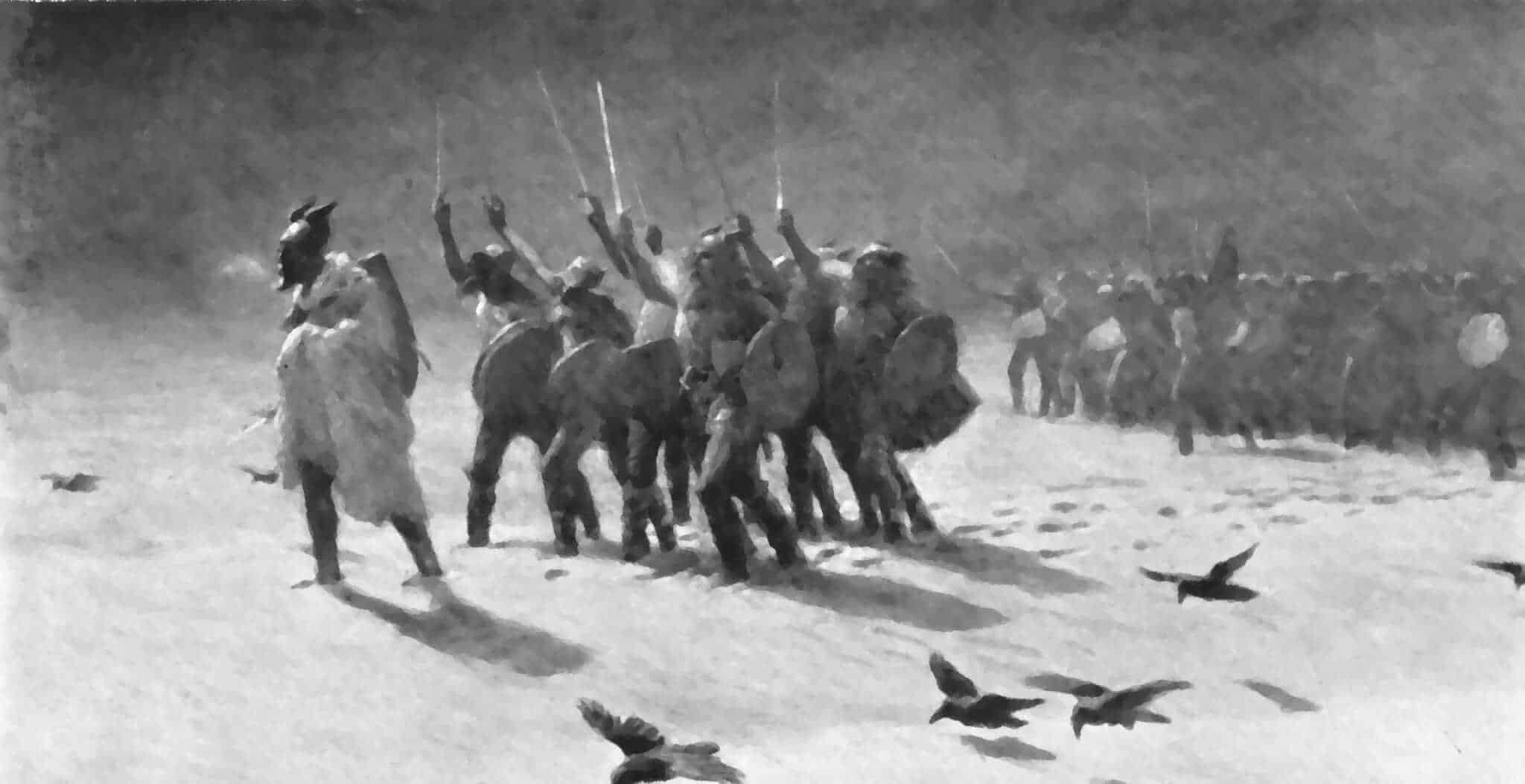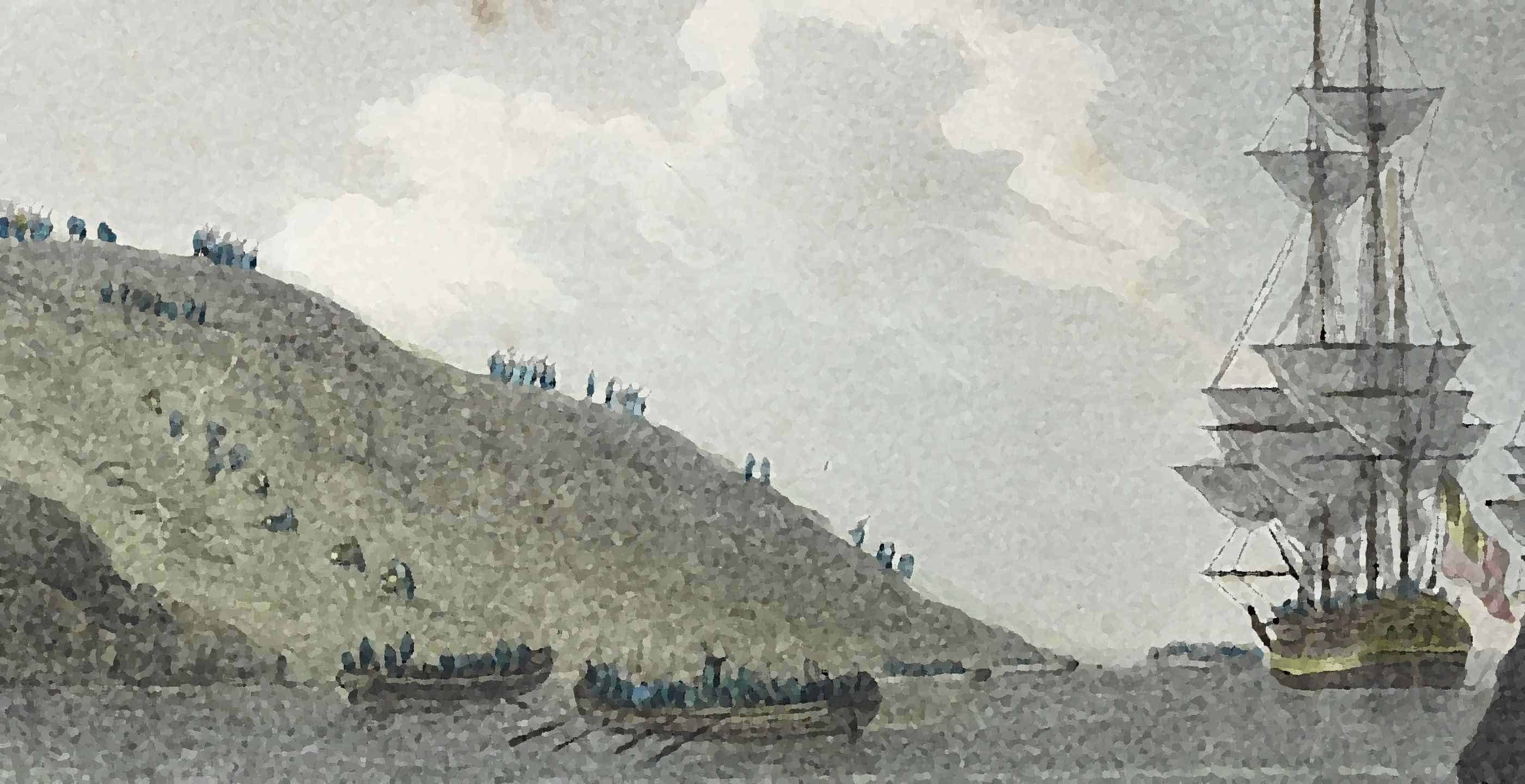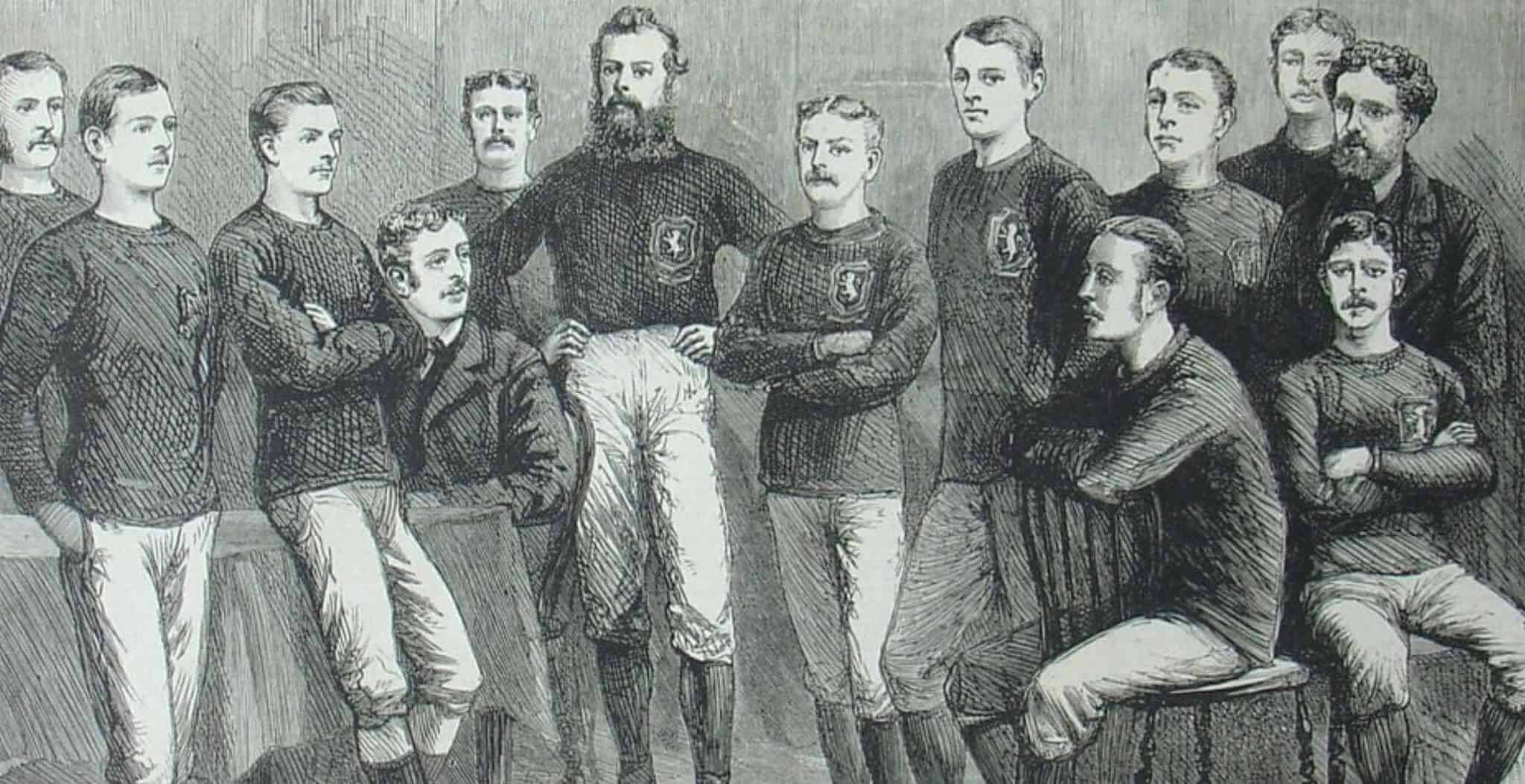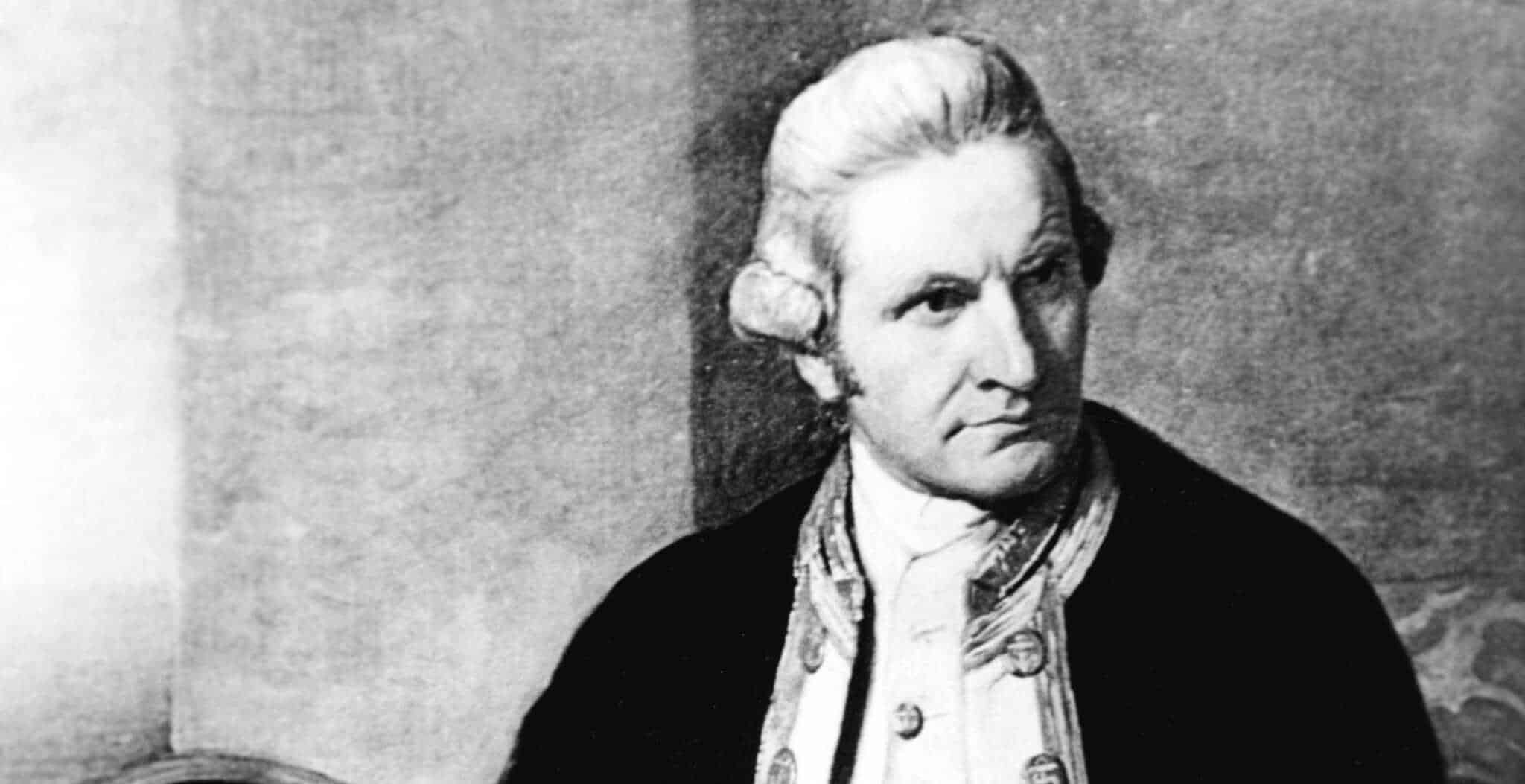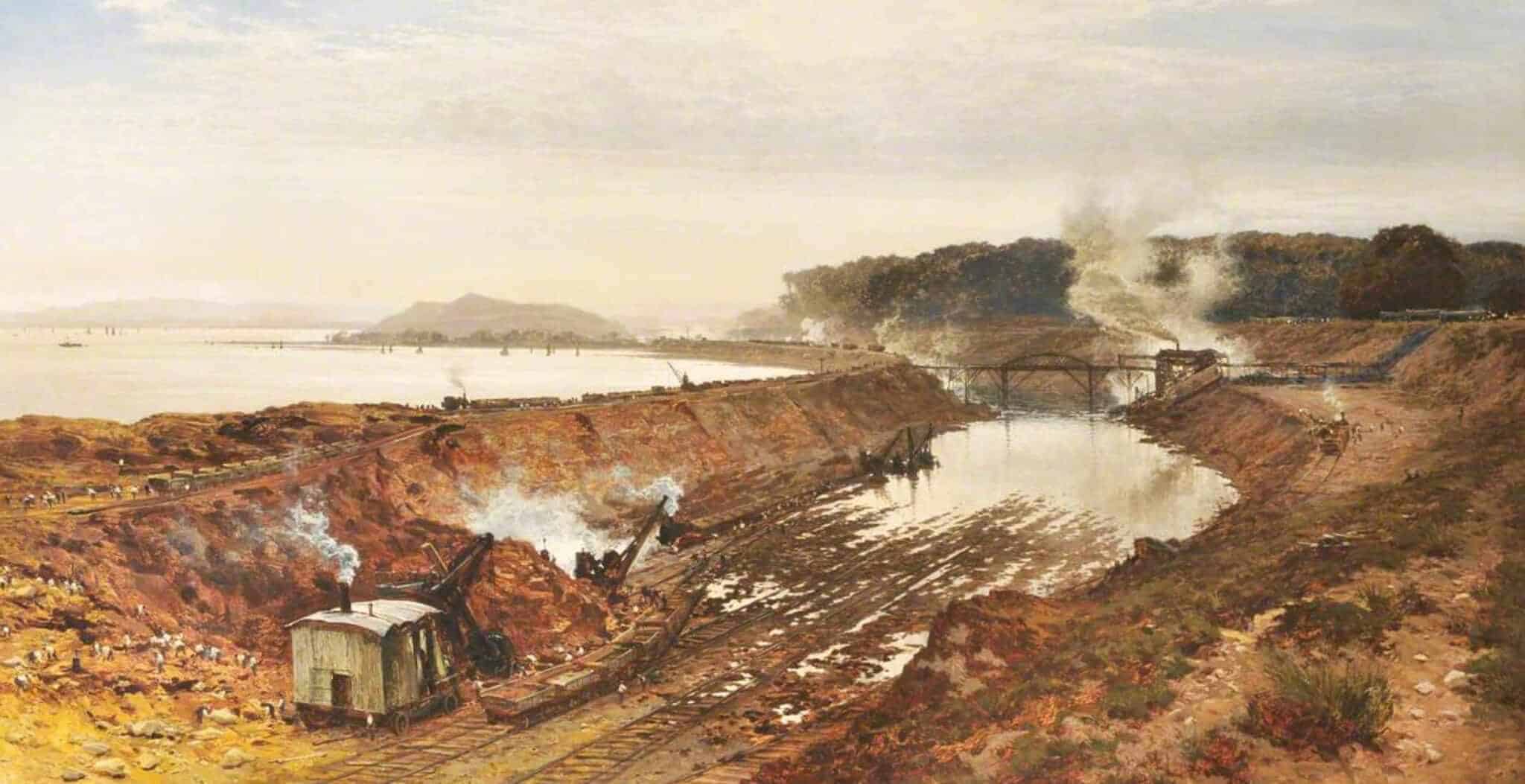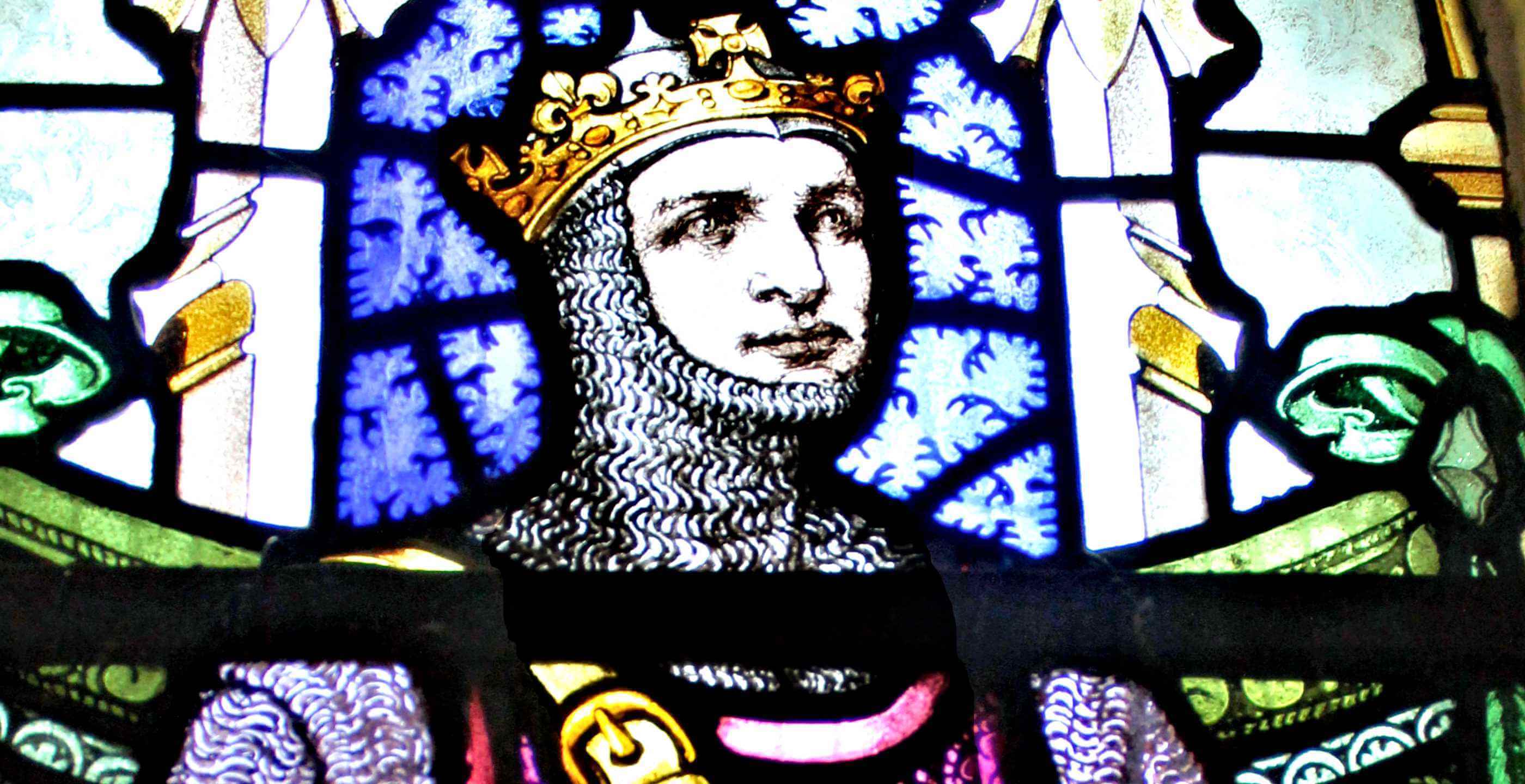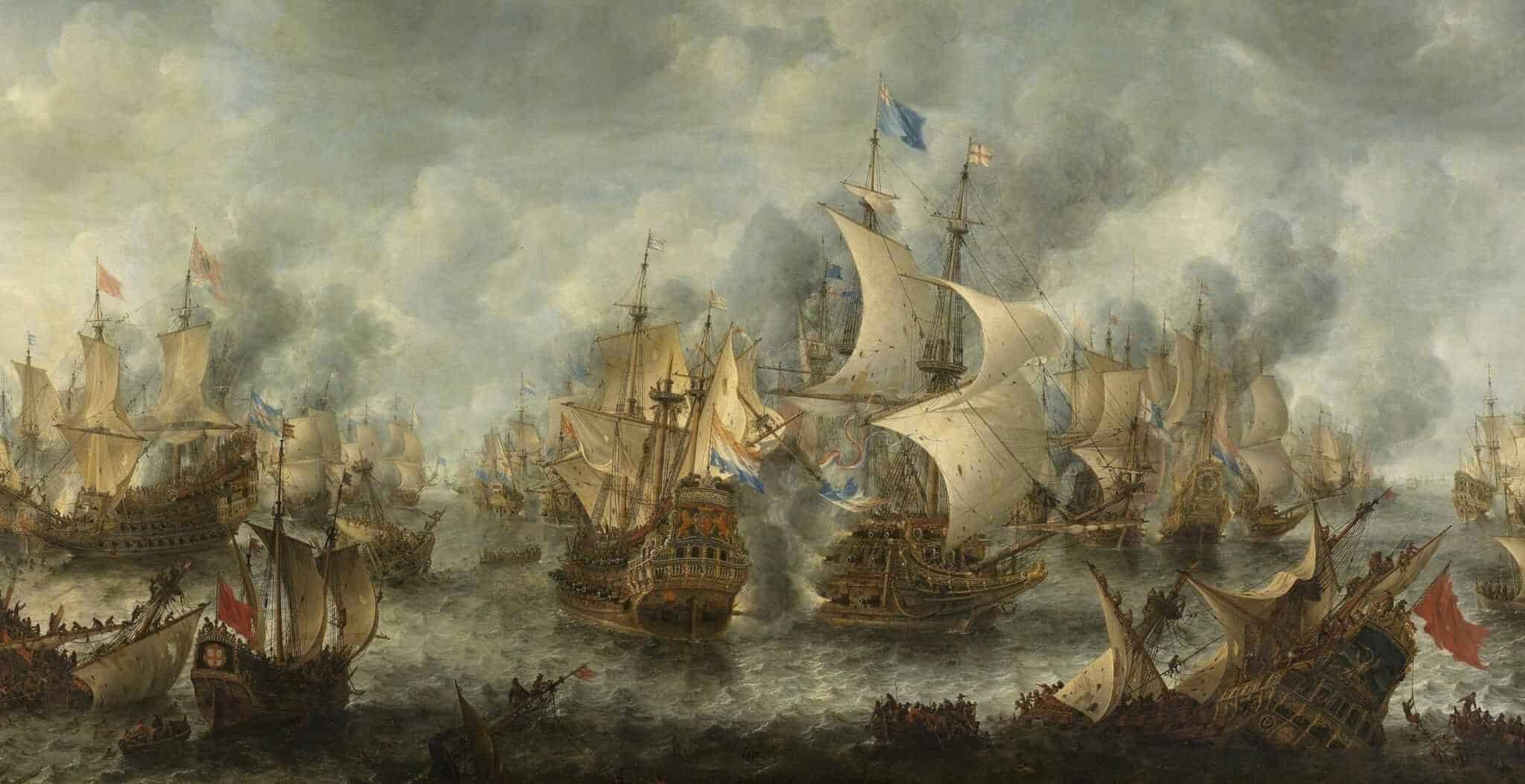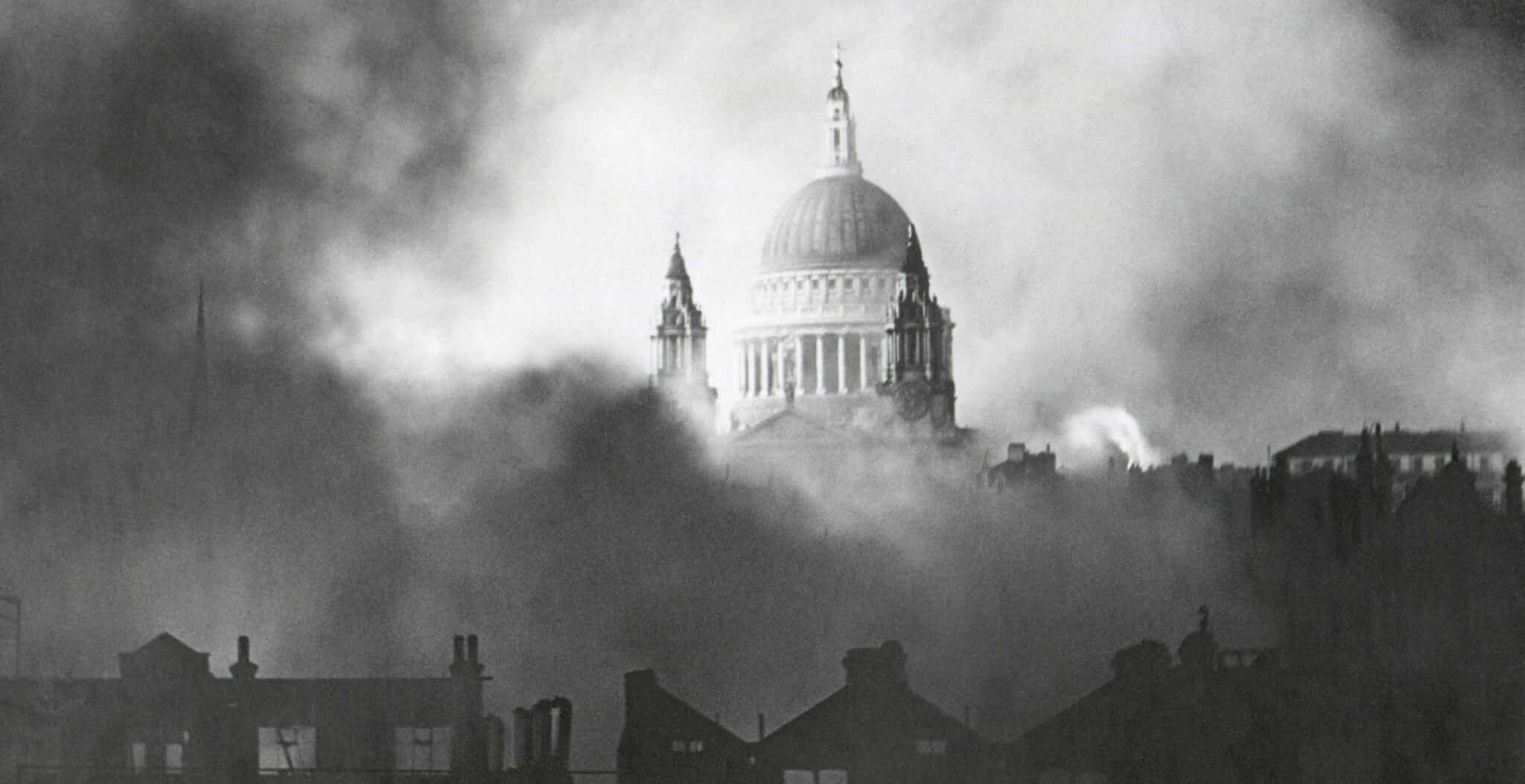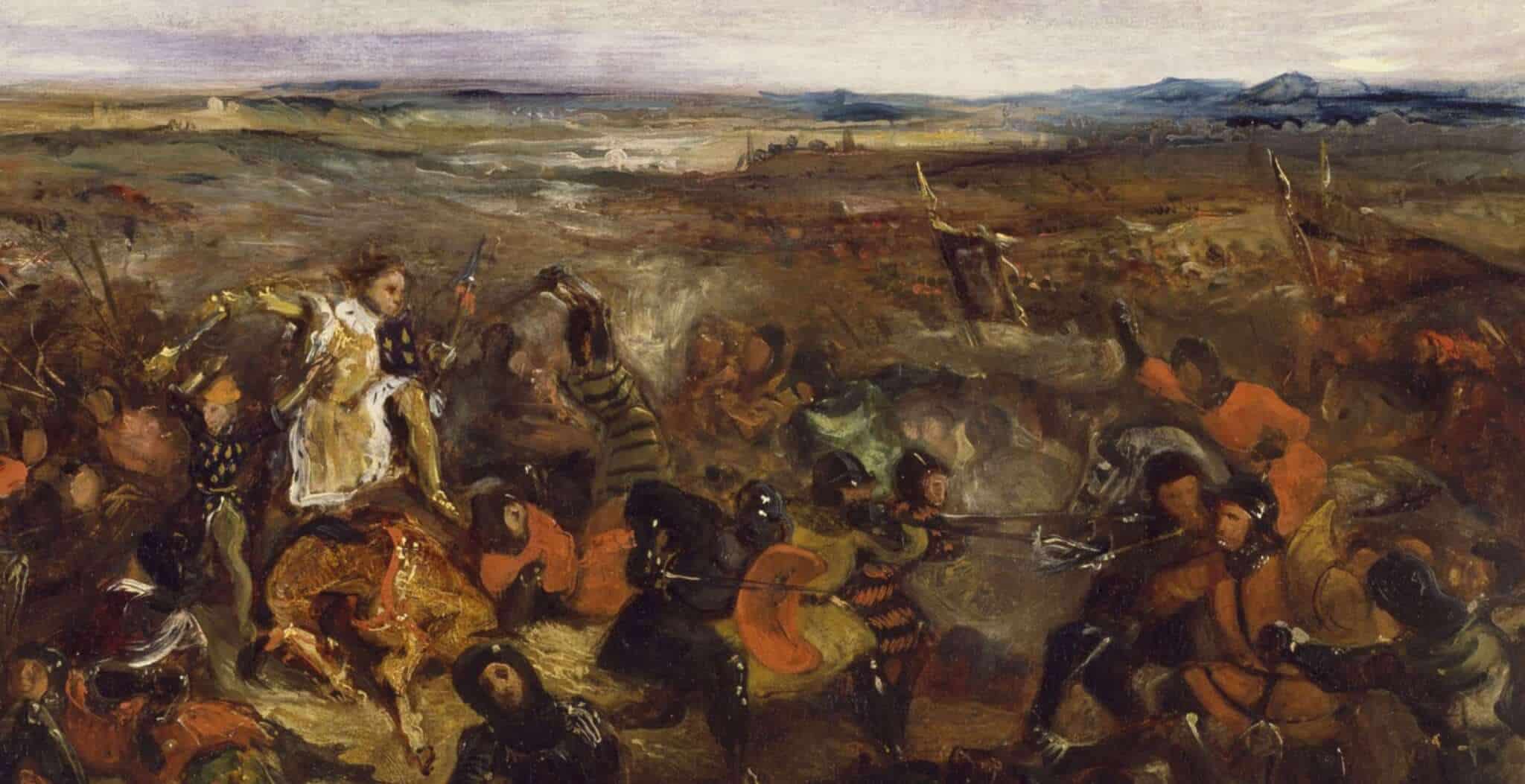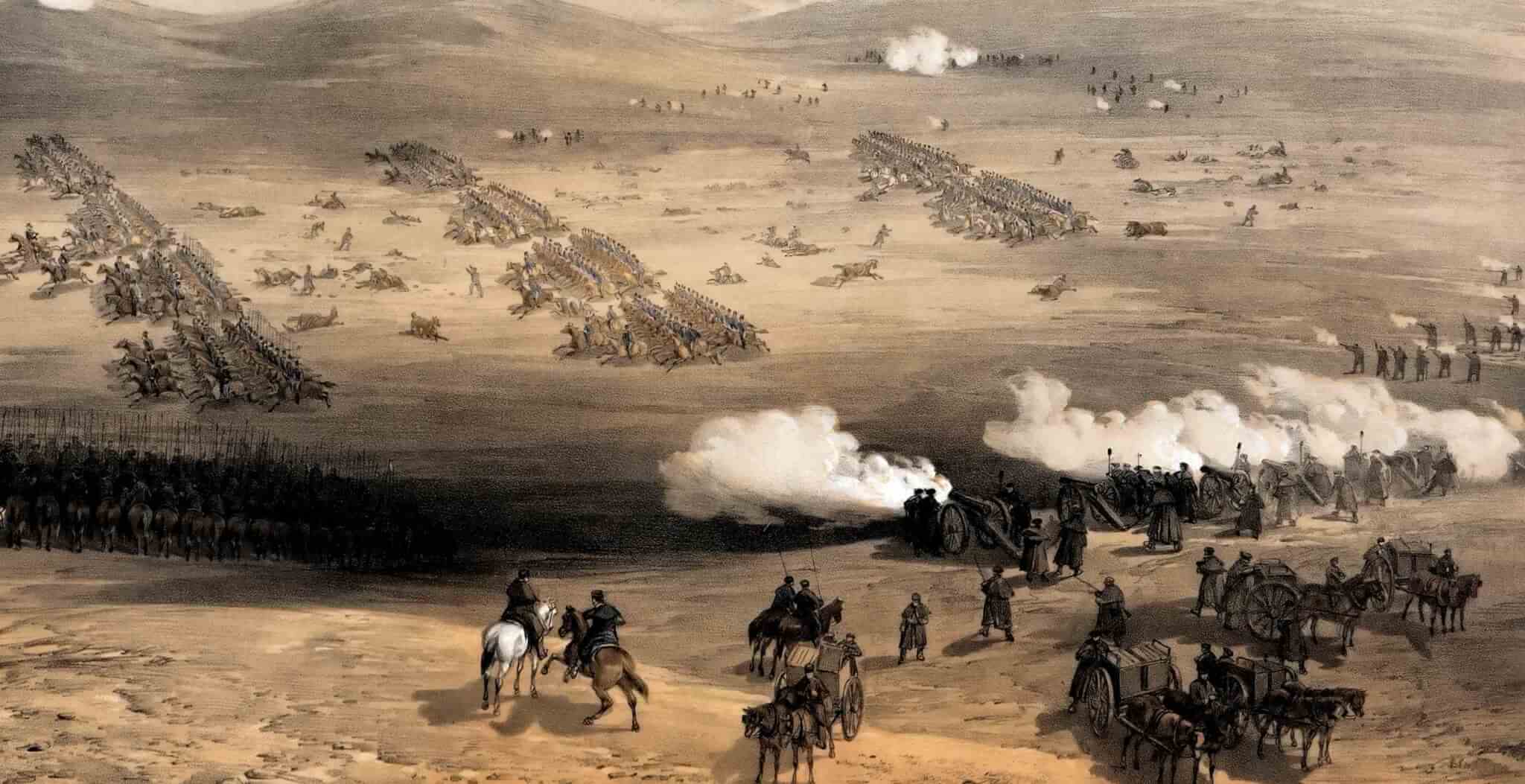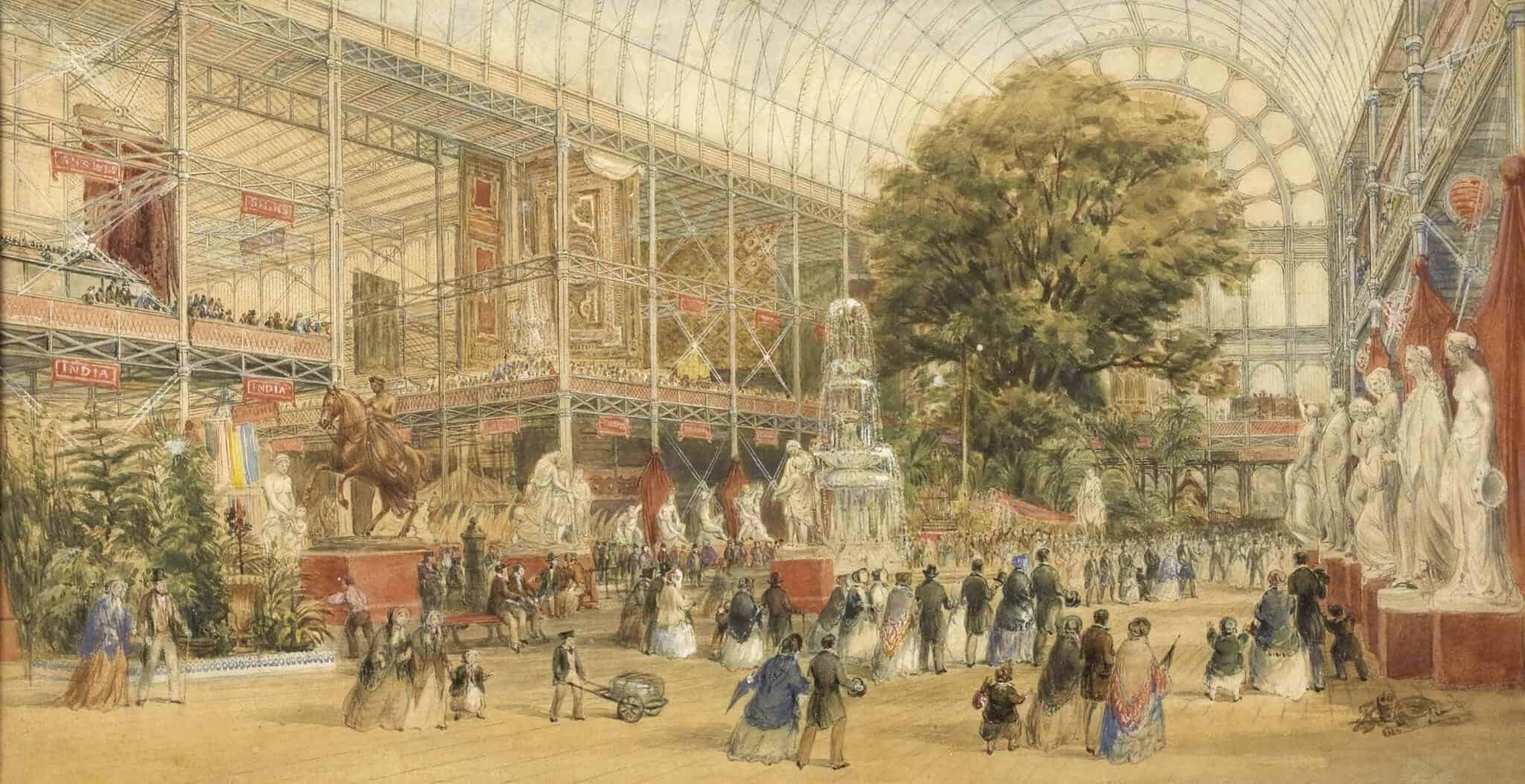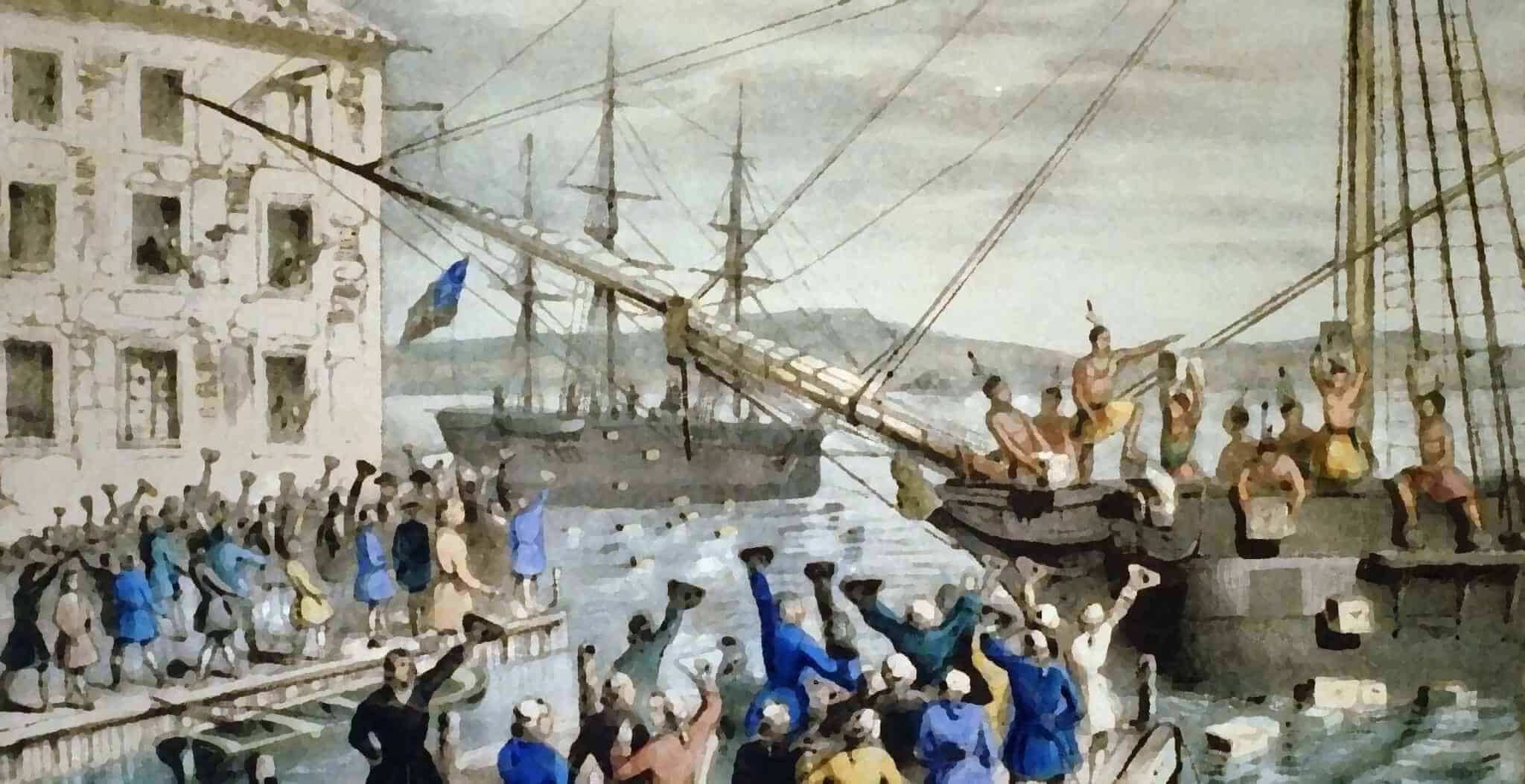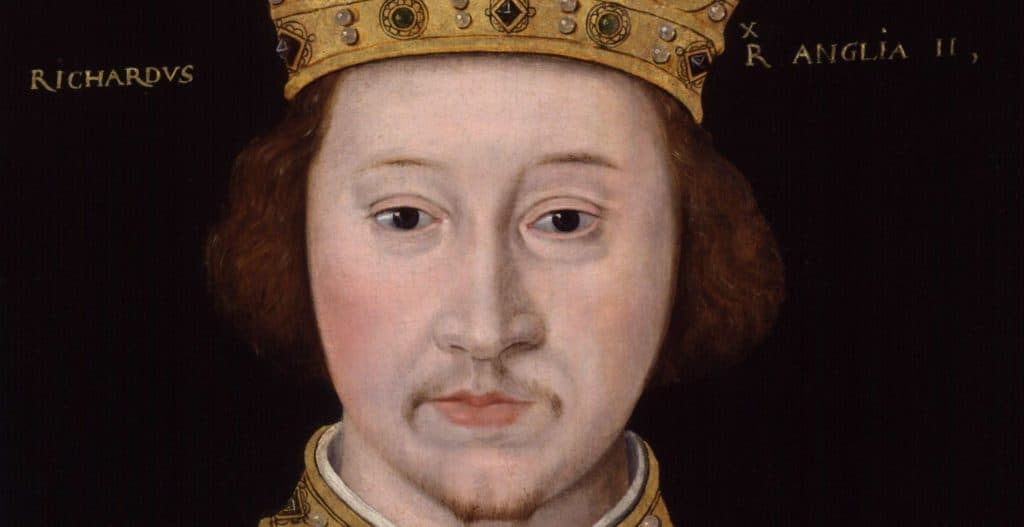Among many other events, January saw Harold Godwin, Earl of Wessex, become the last Anglo-Saxon King of England (hence the Viking invaders pictured above!)
| 1 Jan. | 1622 | The Catholic Church adopted 1 Jan as the beginning of the New Year (instead of 25 March). | |
| 2 Jan. | 1727 | Birthday of James Wolfe, British general who played a major part in the fight for Canada with the French. | |
| 3 Jan. | 1924 | English explorer Howard Carter discovered the tomb of Tutankhamun in the Valley of the Kings, near Luxor, Egypt. | |
| 4 Jan. | 1967 | Death of Donald Campbell. His jet-powered speedboat Bluebird somersaulted on Coniston Water, Cumbria, at a speed of 300-mph whilst attempting to break his own world record of 276-mph. | |
| 5 Jan. | 1818 | The first regular trans-Atlantic shipping service begins between Liverpool and New York. | |
| 6 Jan. | 1066 | Harold Godwin, Earl of Wessex was elected by the Witan to be the next King of England. | |
| 7 Jan. | 1558 | English forces were ousted from the French port of Calais. The town’s burghers had surrendered to an invading English army in 1346. | |
| 8 Jan. | 794 | Danish Vikings attack Lindisfarne Island off the north-east coast of England and destroy its famous church. | |
| 9 Jan. | 1806 | Lord Nelson, naval commander and hero of the Battle of Trafalgar, is buried at St. Paul’s Cathedral in London. | |
| 10 Jan. | 1918 | The House of Lords gives its approval to the Representation of the People Bill, which gives woman over the age of 30 the right to vote. | |
| 11 Jan. | 1569 | The first state lottery is held in England, with tickets on sale at the West Door of St. Paul’s Cathedral in London. | |
| 12 Jan. | 1970 | The first Boeing 747 Jumbo jet arrives at London’s Heathrow Airport after completing it’s maiden transatlantic flight from New York. | |
| 13 Jan. | 1893 | The birth of a new political party in Britain as James Keir Hardie unites socialists under the banner of the Labour Representation Committee. | |
| 14 Jan. | 1742 | Death of Sir Edmund Halley, British Astronomer Royal who gave his name to a comet. | |
| 15 Jan. | 1559 | Elizabeth I was crowned Queen of England at the age of 25. Elizabeth is the daughter of Henry VIII‘s second wife, Anne Boleyn. | |
| 16 Jan. | 1780 | British forces under the command of Admiral Rodney defeat the Spanish at Cape St. Vincent and relieve Gibraltar. | |
| 17 Jan. | 1912 | Britain’s polar explorers led by Captain Robert Falcon Scott reach the South Pole – only to find the Norwegian Roald Amundsen’s expedition had beaten him by a month. | |
| 18 Jan. | 1485 | After 30 years of civil war the Royal Houses of Lancaster and York are united by the marriage of Henry VII to the eldest daughter of Edward IV. | |
| 19 Jan. | 1915 | German Zeppelin airships crossed the eastern coast of England to bombard towns in East Anglia, more than 20 people were killed. | |
| 20 Jan. | 1265 | England’s first Parliament meets at Westminster Hall in London. Representatives from towns and villages across the country meet for the first time in one chamber. | |
| 21 Jan. | 1846 | The first edition of the Daily News, edited by Charles Dickens is published in London. | |
| 22 Jan. | 1879 | Zulu warriors massacre British troops at Isandhlwana in Natal Province, South Africa. | |
| 23 Jan. | 1713 | The signing of the Treaty of Utrecht redraws the map of Europe. The treaty signals the end of the long and bloody War of Spanish Succession. As part of the agreement Gibraltar and Minorca become British. | |
| 24 Jan. | 1965 | The “last lion of British politics”, Sir Winston Churchill died at the age of 90. His body is to lie in state in Westminster Hall, London. | |
| 25 Jan. | 1759 | Birth of Robert “Rabbie” Burns, Scottish poet. Burns Suppers celebrated all over the world each year on this day. | |
| 26 Jan. | 1885 | The British commander of Khartoum, General Charles Gordon is killed by a dervish spear as his forces are overrun by the Mahdi’s Muslim army. | |
| 27 Jan. | 1926 | Inventor John Logie Baird demonstrates his new television machine to members of the Royal Institution in London. Some have suggested that this could one day provide every home with a substitute for the cinema. | |
| 28 Jan. | 1807 | London becomes the first city in the world to be lit by gas lights. | |
| 29 Jan. | 1596 | The most famous English seaman and adventurer of the Elizabethan era, Sir Frances Drake, is buried at sea. The Spanish breathed a sigh of relief! | |
| 30 Jan. | 1649 | The courts deemed him a “tyrant, traitor, murderer and enemy of the people”, for this England’s King Charles I was beheaded in Whitehall. | |
| 31 Jan. | 1747 | The first clinic specializing in the treatment of venereal disease is opened at the London Dock Hospital. | |
